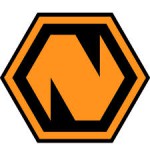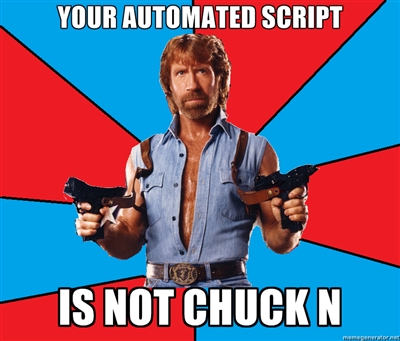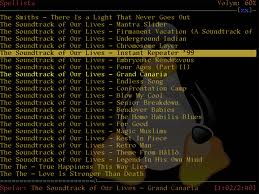 Working on Linux but searching for some good software for your work ?
Working on Linux but searching for some good software for your work ?
Now you have a new and powerful tool available for linux: Natron.
Natron is a free and open source video compositing software, similar in functionality to Adobe After Effects or Nuke by The Foundry.
The project is a free (Mozillla Public License v2) node-based compositor that relies on OpenColorIO for color management, OpenImageIO for file formats support, and Qt for user interface. It also works with 32bit float per channel precision and supports OFX plugins, both free and commercial.
Natron was started last year at Inria, a public science and technology institution that unites several research centres in France. Alexandre Gauthier, the lead developer of Natron, got the required funding from the institution, and last December he additionally won a “Boost Your Code” contest at Inria that offered him 12 months of paid development. In May this year, Alexandre presented the project at Libre Graphics Meeting in Leipzig.


